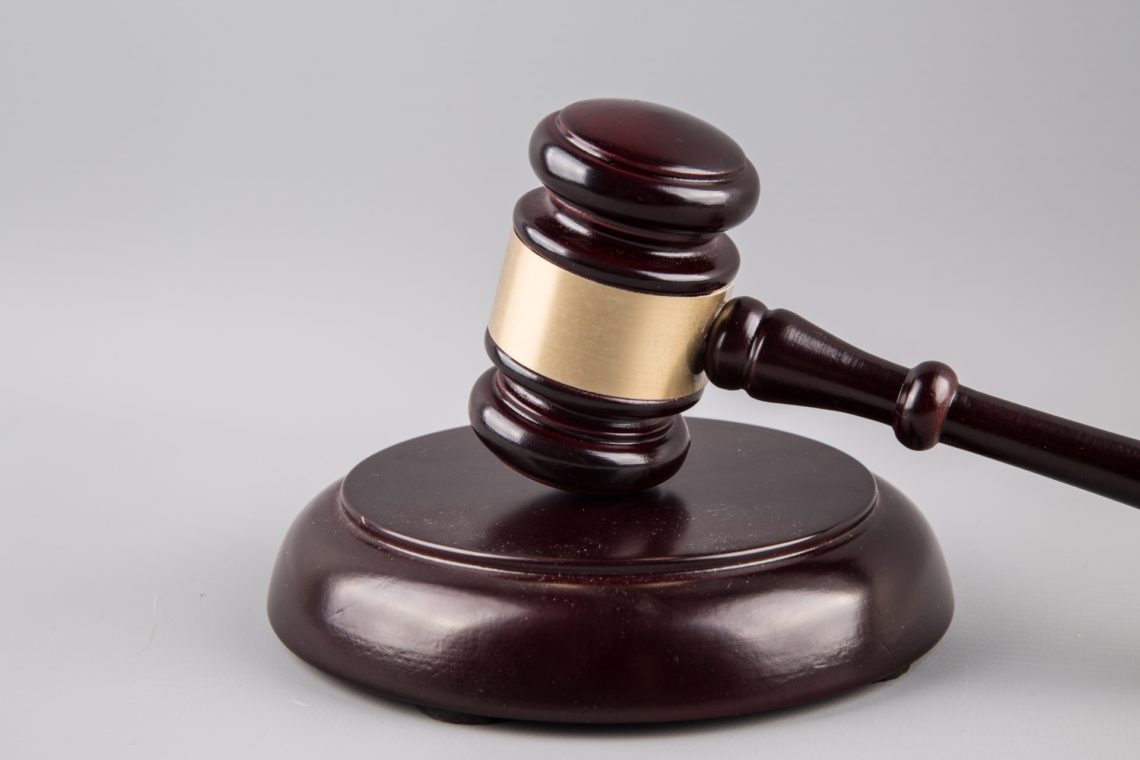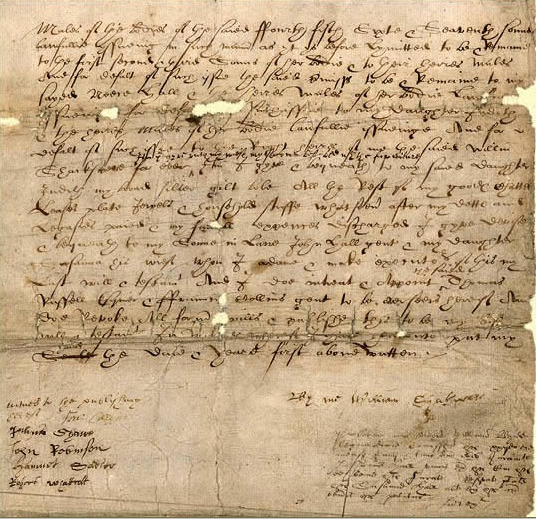Ric Ocasek, famed singer for The Cars, recently passed away leaving behind a will that purportedly removes his estranged wife, Paulina Porizkova, as a beneficiary of his estate. Ocasek and Porizkova were in the process of divorcing when Ocasek died; however, the divorce was not finalized, and the two were still legally married. Removing one’s spouse from an estate plan – often referred to as disinheriting a spouse – is common, particularly when spouses are separating and divorcing. States that have adopted the Uniform Probate Code, or similar statutes, create protection for a disinherited spouse in the form of the right of elective share. What is Elective Share? …
-
-
ENFORCING A FOREIGN JUDGMENT
You just won a civil judgment, but the judgment debtor is in another state. How are you going to enforce it? Consider a simple example: ABC Corporation (“ABC”) forms a contract with XYZ, Inc. (“XYZ”) wherein XYZ agrees to purchase 1,000 widgets from ABC at $100 per widget and ABC agrees to deliver the widgets to XYZ at a particular location on a particular date. XYZ renders payment in full, but on the date of delivery, ABC only delivers 500 widgets. XYZ sues for breach of contract and wins; however, the lawsuit occurred in South Carolina pursuant to a provision in the contract that requires dispute resolution to occur there,…
-
FREDERICK ALLEN and NAUTILUS PRODUCTIONS, LLC v. ROY A. COOPER, III, et al.: a Battle over Piracy and Sunken Treasure
The plaintiffs in Frederick L. Allen and Nautilus Productions, LLC v. Roy A. Cooper, III,, et al., a four-year civil lawsuit over the rights to video and photographic footage of the recovery of the wreckage of the Queen Anne’s Revenge (the ship captained by the infamous pirate known as Blackbeard), recently filed a petition for a writ of certiorari seeking the United States Supreme Court to rule on the dispute. The History of the Queen Anne’s Revenge In the early eighteenth century, Blackbeard commandeered the slave ship La Concorde, renaming it the Queen Anne’s Revenge and captaining the ship for years near the Outer Banks of North Carolina. …
-
Breach of Trustees’ Fiduciary Duty – Part 2: Duty of Loyalty & Duty of Impartiality
As we’ve mentioned in part 1 of this series, trustees are fiduciaries and, as such, trustees owe a variety of fiduciary duties to multiple parties. These obligations include both the duty of loyalty and duty of impartiality, which we will discuss this week. To prove a trustee breached of one of these duties, one must show three things: (1) the existence of a fiduciary relationship; (2) the breach of a fiduciary duty; and (3) damages proximately caused by the breach of the duty.[1] It is important to keep in mind that the express terms of the trust can modify…
-
Breach of Trustees’ Fiduciary Duty – Part 1: General Considerations
This is the first of a four-part series examining trustee’s fiduciary duties and the circumstances that could result in litigation. To begin, we will discuss basic principles that will lay a groundwork to inform our larger discussion. What is a Trust and a Trustee?[1] A trust is a financial instrument or tool through which people can transfer their assets to others over time. People who create trusts are called “settlors,” because they “settle” or initially put assets into the trust. Those who stand to benefit from the assets in the trust are known as “beneficiaries.” The person…
-
Six Basic Questions and Answers about Executors
If you have a will or have ever dealt with estate administration, you are probably familiar with the term “executor.” However, most people don’t know what an executor is or what the executor’s role is. Additionally, what do you do if you suspect an executor is behaving fraudulently or contrary to the deceased person’s wishes? What is an executor? An executor is a person or institution appointed to carry out the terms of a person’s will. They are appointed by the person who wrote the will, the testator, to conclude the business and financial arrangements the testator had…




